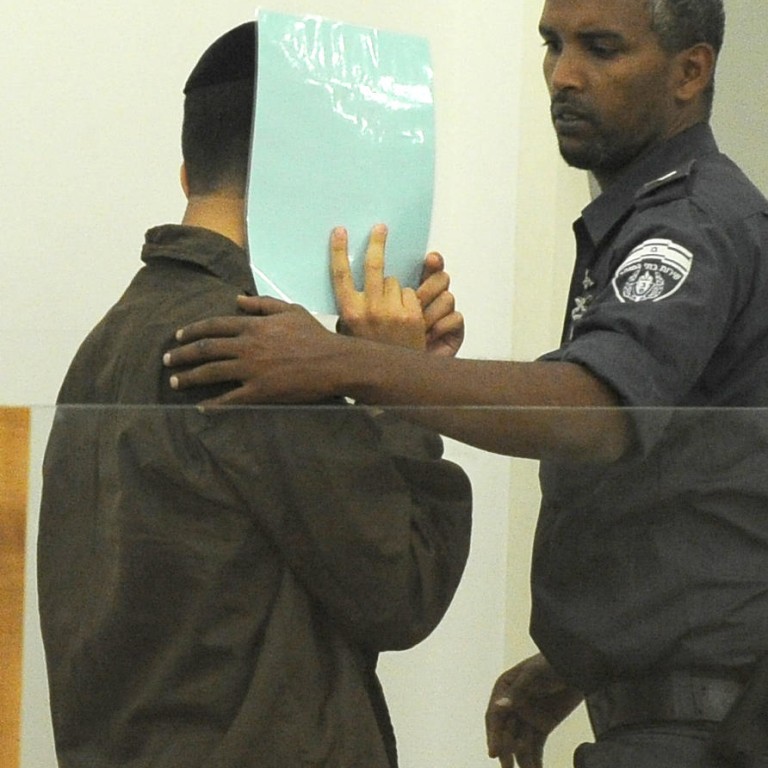
Jews' arrests for killing Palestinian boy forces Israelis to confront extremism
Arrest of six suspects for the horrific killing of a Palestinian has shocked many Jews who did not believe their people could be responsible
The arrests of six Jewish suspects who are believed to have burned to death an Arab teenager in revenge for the killing of three Israeli teenagers has many in Israel fearing a rising tide of home-grown extremism.
The arrests on Sunday sent shockwaves through both sides of the Israeli-Palestinian divide, Palestinians because many had assumed Israel would never act against its own, and Israelis because there had been widespread doubt that Jews could have carried out such a horrific crime.
During their investigation, three of the suspects admitted to the murder in which the victim was burned alive, said an official close to the investigation.
"Three out of six suspects in custody have confessed to the murder and burning of Mohammed Abu Khdeir, and performed a re-enactment of the crime," the source said.
Israel's action could help defuse a dangerous swelling of Palestinian anger, with violent protests in East Jerusalem and Arab towns in northern Israel feeding fears of a fresh uprising.
Demonstrators who have called for rebellion against the Israeli occupation have decried the lack of justice and had predicted that Khdeir's killers would never face trial.
But by arresting the suspects, who were said by security officials to have killed Khdeir, 16, for "nationalistic" reasons, the Israeli government must now confront extremist elements within its society.
Human rights advocates have long warned of an alarming rise in anti-Arab vandalism and vigilante attacks carried out by Jewish extremists. Such incidents are referred to by their perpetrators as the "price tag" for what are seen as Israeli government concessions to the Palestinians.
But Khdeir's killing went far beyond most such attacks in its raw brutality. Some Israeli officials had speculated that the slaying was the result of a family dispute, in disbelief that it could be revenge for the deaths of the three Israelis.
"This is a shock for most Israeli Jews, and I think it's a kind of wake-up call," Israeli justice minister Tzipi Livni said. "This is something that will change the way people think, and it will lead to a better understanding that we need to act when we see even the smallest signs of incitement, whether it is on internet sites or price-tag attacks."
Livni said the conflict was "not just between the Israelis and the Palestinians, it is within Israel between different Israeli citizens, and this is what worries me the most".
Visiting the home of one of the Israeli teenagers slain last month after being abducted in the West Bank, Prime Minister Benjamin Netanyahu said Khdeir's killers would "face the full weight of the law".
He also called on the Palestinian Authority, which controls some areas of the West Bank, to hunt down the killers of the Israelis. Israel blames the killings on militants in Hamas, and the assailants are thought to remain at large.
"I know that in our society, the society of Israel, there is no place for such murderers," Netanyahu said. "And that's the difference between us and our neighbours. They consider murderers to be heroes."
Hussein Abu Khdeir, Mohammad's father, said he believed Israel had acted against his son's alleged killers only because of international pressure.
Authorities did not immediately release the names of those arrested on Sunday, citing a legal order.
Eran Schwartz, a spokesman for the legal aid organisation Honenu, said the six ranged in age from 16 to 25 and came from Jerusalem neighbourhoods as well as West Bank settlements.
